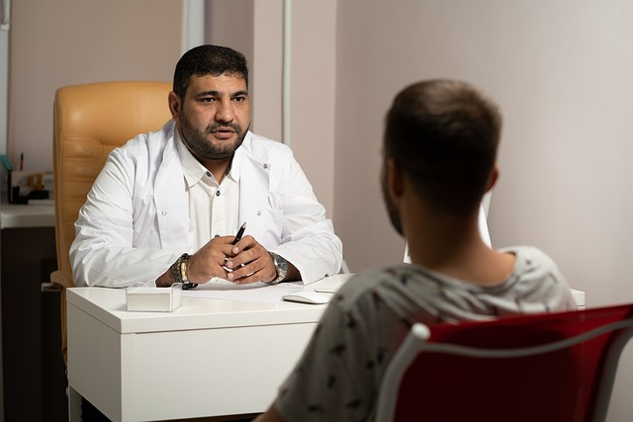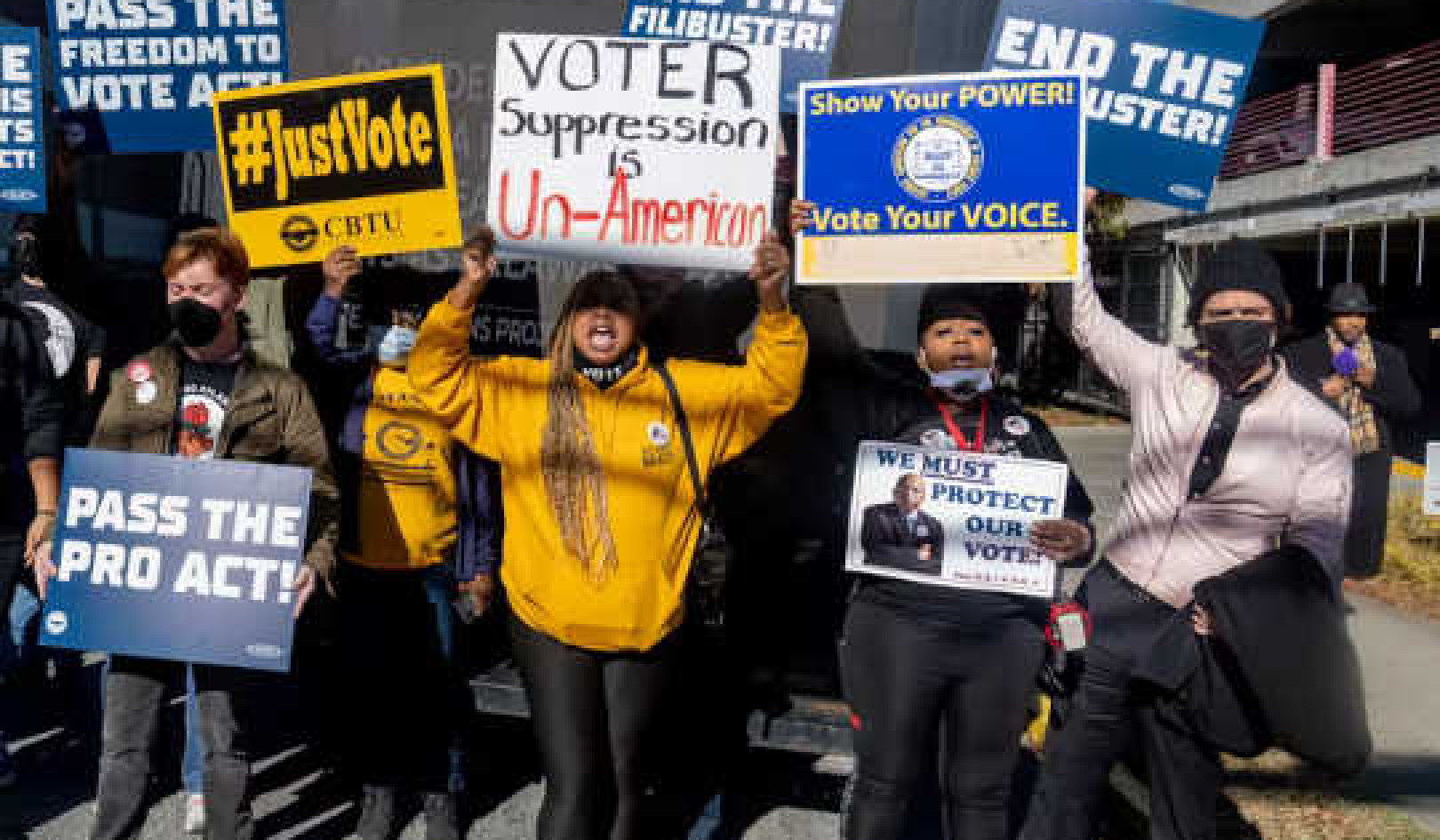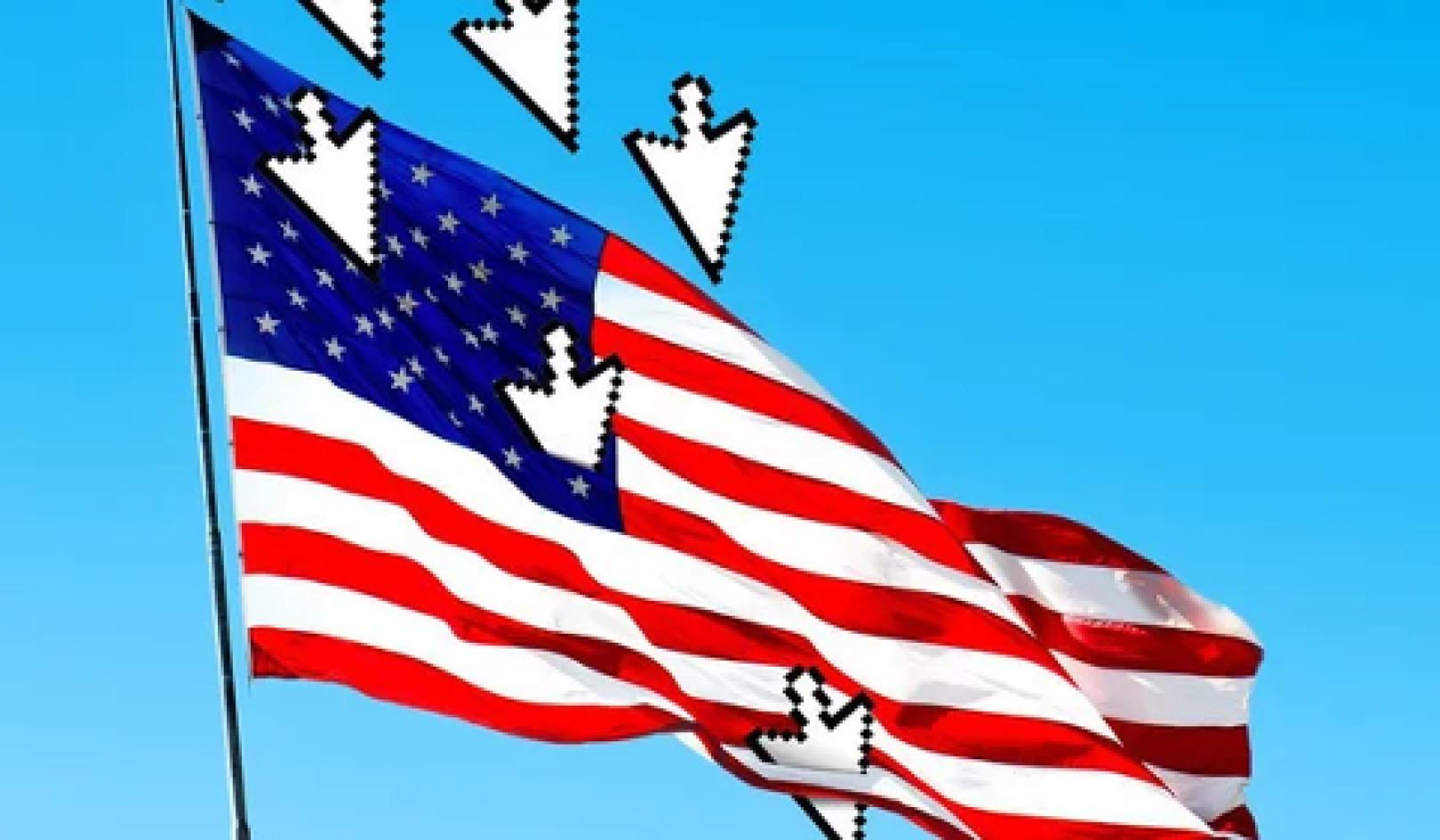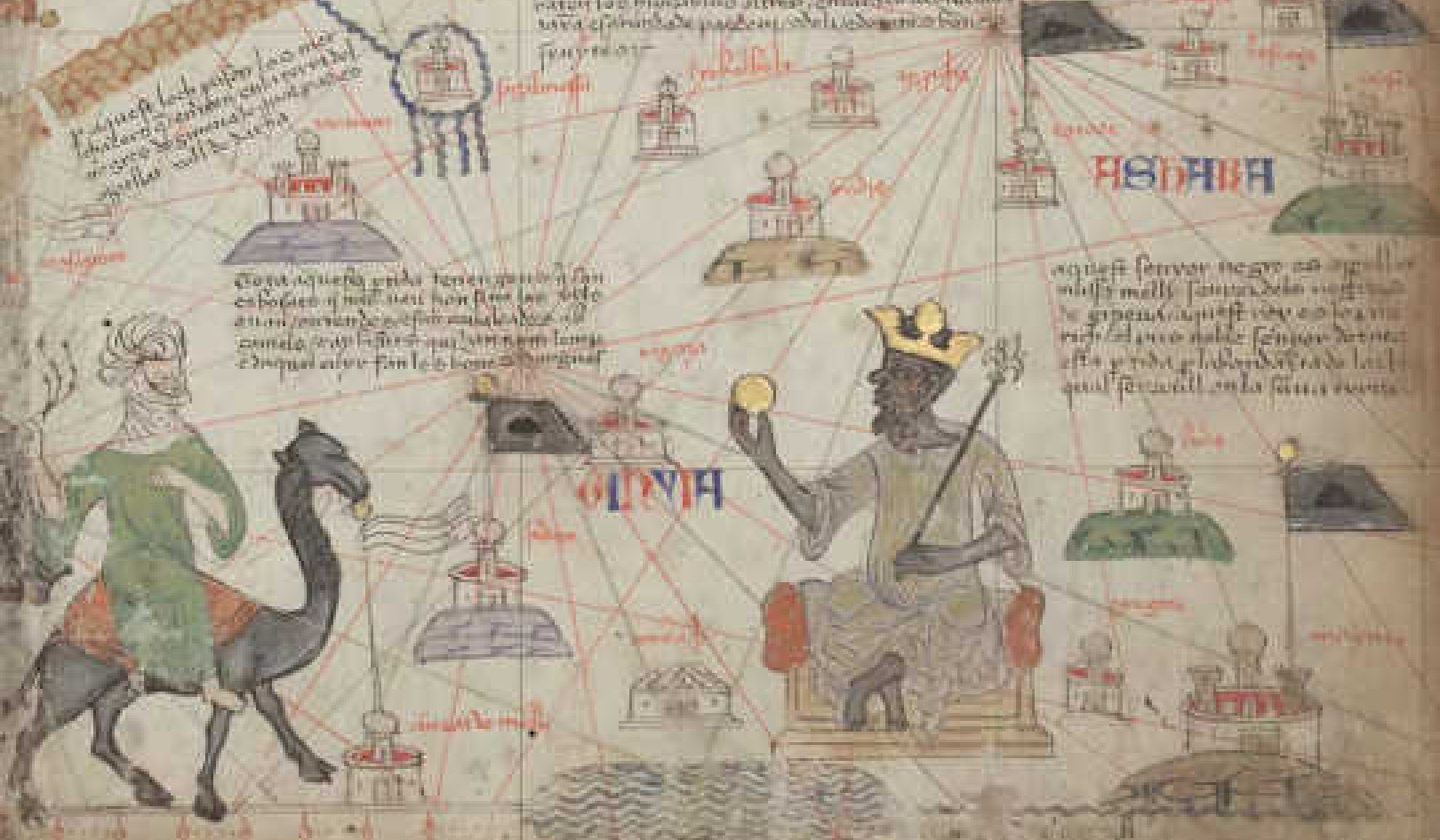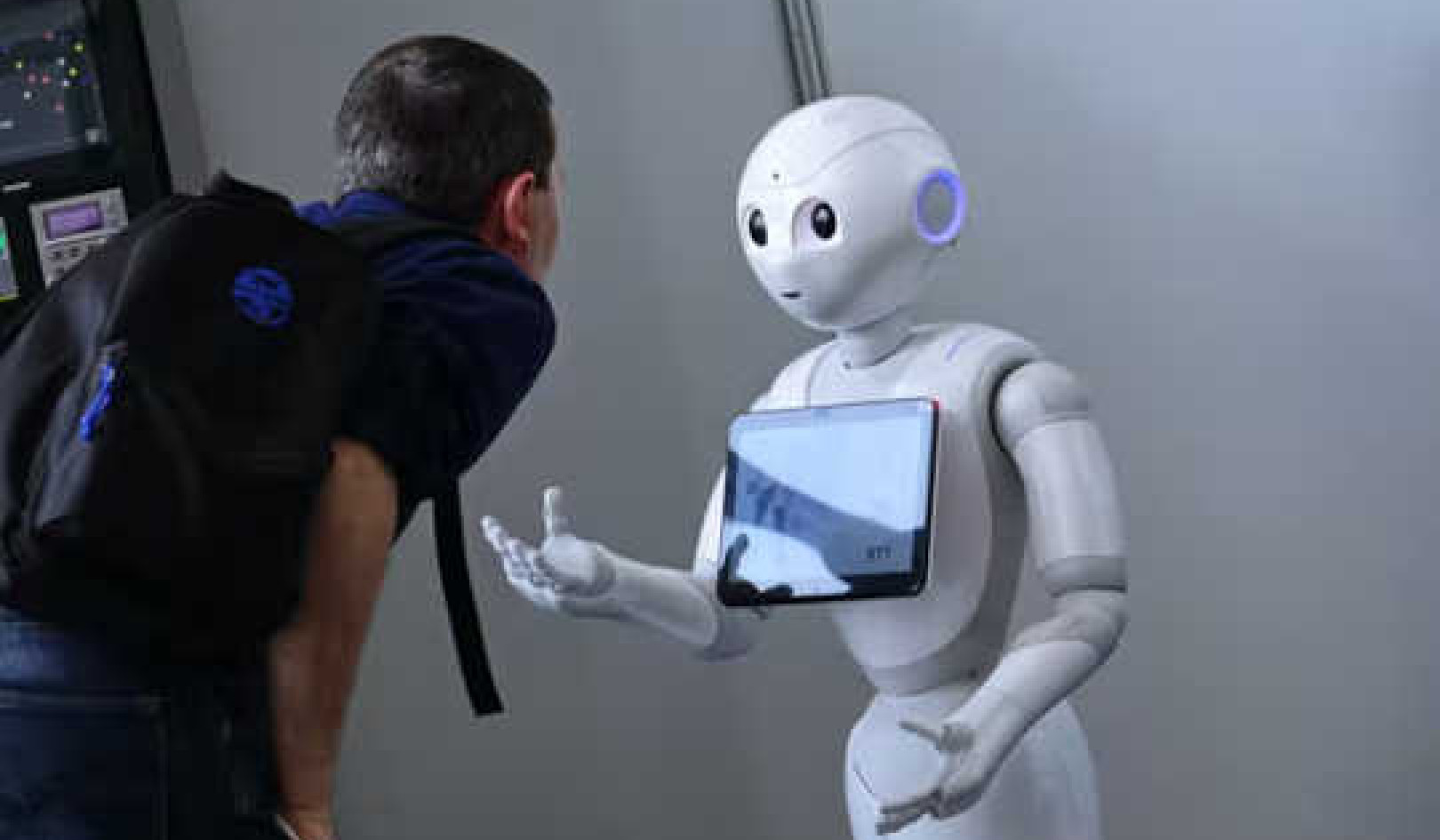Did we do everything our parents always said to do, or do we always do what our partners tell us now to do? Do we automatically do what we’re told by the government or others in positions of authority, like a job supervisor? If we automatically accept what they tell us, do we start to believe and take their belief systems in as our own? Will this only take us farther away from knowing what we believe and who we truly are?
We can’t separate anything in life, and this reality is especially true with psychology, our false beliefs, and the willingness of a majority of people to give their power away. We do this with politics to a great extent, since we want someone to take care of us. We want to put politicians and people in positions of authority on a pedestal—and we put many others, like celebrities, on a pedestal, as if they have something we want. We tell ourselves that our leaders in industry and our politicians know more than us and we assume, almost always very wrongly, that they will put the interests of others above or at least to an equal extent to their own, especially if they’ve been elected to positions of power.
But this is not how a lot of humans operate; many are in it for themselves. While many parents may not place their interests above our own, our parents carry their own traumas, fears, and conditioning, which they pass on to us.
Why Do We Give Others Our Power?
So why do we place others on a pedestal and give them our power? What I have observed is that each human has an extremely varied psychological makeup that comes partly from their experiences and also partly from their genetics. A friend of mine pointed out a study done at Stanford several years back that demonstrated that a certain percentage of the population doesn’t have the makeup in their DNA to rise above herd mentality, which was eye-opening for me and helped me operate from a space of greater compassion.
For whatever reason—whether it be fear, conditioning, genetics, belief in the goodness of man, or something else entirely—some people will automatically give their power away and defer to what they’re being told or automatically accept what someone thinks of them. But this way of operating in the world is dangerous. We can see the dangers play out in the myriad historical atrocities committed by unstable leaders all the way down to our individual personal relationships, which can be fraught with emotional, mental, and physical abuse.
Doctor, Tell Me What To Do
I have no doubt that most physicians and health professionals enter the field of medicine to help people, but we need to recognize, too, that each of these individuals has their own traumas, false beliefs, and conditioning. They have been trained in a medical paradigm that is heavily oriented to pharmaceuticals—only one-third of the country’s medical schools even teach a course on nutrition.
Thus, your oncologist has been heavily conditioned in a certain model of treatment to the detriment of the incorporation or consideration of other treatment modalities to boost the immune system. I have heard numerous times over the years about others’ experiences with cancer and how the oncologist will tell patients to eat whatever they can keep down. There is logic to this guidance, but there’s also a lot of illogic if the recommended diet consists of foods that are cancer-promoting.
Our doctors are giving us one path among many, and it’s important that we take the information in while holding this realization. Other individuals are not in your body, and so they can’t feel what your body needs. Physicians are giving a standard recommendation—slightly modified, but not by much—to everyone they see. This is what they’ve been trained in and are paid to do, and as they should, they will err on the side of caution.
Who Makes the Decision: You or Your Doctor?
My urologist recommended that I do chemo over radiation, even though I was a really good candidate for proton radiation therapy, which is more targeted and less invasive. He was concerned about getting rid of the cancer this time around, but one of the reasons I waited to decide on my course of treatment was that undergoing chemo or radiation increases your chances for the recurrence of cancer in other areas, since you’re altering DNA in healthy cells that are more likely to mutate into cancer. I was looking at the long-term, not just the short-term, and I felt good about the proton therapy being much less invasive.
Too many people immediately give their power away and do exactly as their doctor recommends. I understand and have compassion for this approach, but we almost always have to wait and work through our emotions and gather much more info. We need to make a decision from both our heart and our mind.
To a Hammer, Everything Looks Like a Nail
When I had a consultation with the radiation oncologist, he told me that many people never make it to them because they first have a consultation with a chemo oncologist and sign up immediately for that treatment—when it’s actually highly likely they can do a much less invasive course of treatment with the proton radiation, which is great for contained cancers such as the type that was in my lymph node, and cancer of the prostate, breast, neck, and other types, for example. Just because some patients happened to visit with the chemo oncologist first and followed their recommendation, they may have taken a course of action with more immediate and long-term side effects.
The chemo oncologist is not likely going to tell a prospective client that they shouldn’t do chemo and should do proton radiation, since they obviously believe in what they’re doing and are usually employed by large corporations—where, of course, revenue comes into play. And chemotherapy drugs are among the most profitable drugs for the pharmaceutical industry.
The above not only applies to physicians treating cancer conventionally, but it also applies to alternative physicians who are treating cancer. They have their own unique belief systems as well. They see health and disease in a certain way and are guided by their own perspectives when making recommendations, some of which might be good for you and some of which may not be.
You're the Boss of You!
It just so happened that my internist, who really cares about his patients, treats a lot of cancer with diet, herbs and IV therapy. I did a consultation with him, but I didn’t follow his recommendations because they were somewhat different from what I had found online and was already doing, and because you can certainly do too much. There is a fine balance between doing enough and doing something to an extreme extent because you’re fearful of dying. I felt good about what I was doing, since it covered a lot of areas. And then I let it go and knew that it was in God’s hands.
All of these factors I’ve written about in this chapter need to come into our awareness as we make a decision that is best for us. This is not a decision that can be outsourced. You have to make it, and in doing so, you will discover incredible gifts that come from your health issues and strengths you didn’t know you had. And you will retain your power and feel good about your place in the great scheme of things, regardless of whether your health issue is eventually what you pass away from. This is healing in the complete way.
Copyright 2023. All Rights Reserved.
Publisher : One-Hearted Publishing.
Article Source: Healing Cancer
Healing Cancer: The Complete Way
by Lawrence Doochin
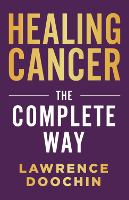 Having undergone a cancer journey himself, Lawrence Doochin understands the severe fear and trauma that those who have cancer, and their loved ones, experience. His heart opens to each of you with the greatest compassion and empathy, and this book was written to be of service.
Having undergone a cancer journey himself, Lawrence Doochin understands the severe fear and trauma that those who have cancer, and their loved ones, experience. His heart opens to each of you with the greatest compassion and empathy, and this book was written to be of service.
Healing Cancer will take you from despair to optimism, peace, and gratitude.
For more info and/or to order this book, click here. Also available as a Kindle edition.
More books by this Author.
About the Author
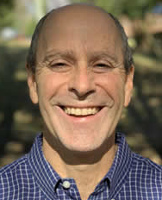 Lawrence Doochin is an author, entrepreneur, and devoted husband and father. A survivor of harrowing childhood sexual abuse, he traveled a long journey of emotional and spiritual healing and developed an in-depth understanding of how our beliefs create our reality. In the business world, he has worked for, or been associated with, enterprises from small startups to multinational corporations. He is the cofounder of HUSO sound therapy, which delivers powerful healing benefits to individual and professionals worldwide. In everything Lawrence does, he strives to serve a higher good.
Lawrence Doochin is an author, entrepreneur, and devoted husband and father. A survivor of harrowing childhood sexual abuse, he traveled a long journey of emotional and spiritual healing and developed an in-depth understanding of how our beliefs create our reality. In the business world, he has worked for, or been associated with, enterprises from small startups to multinational corporations. He is the cofounder of HUSO sound therapy, which delivers powerful healing benefits to individual and professionals worldwide. In everything Lawrence does, he strives to serve a higher good.
He is also the author of A Book on Fear: Feeling Safe in a Challenging World. Learn more at LawrenceDoochin.com.


